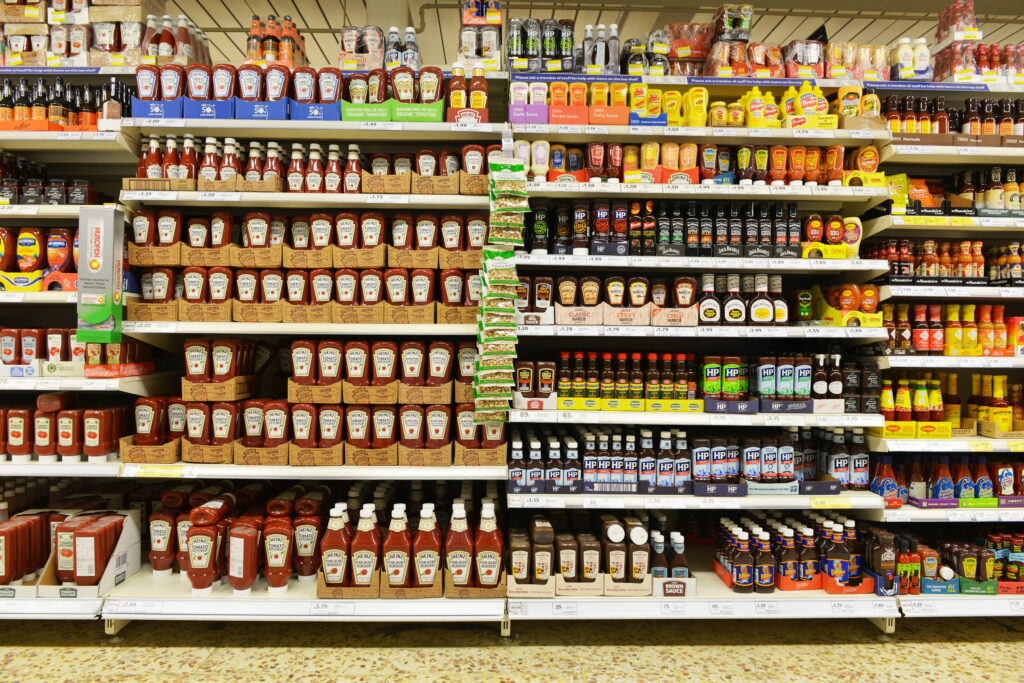Responding to the release of data showing the performance of packaging waste reprocessors in the third quarter of 2004 (see letsrecycle.com story), compliance schemes said there will be a “tough challenge” in the final quarter of 2004.
While there should be sufficient packaging waste recovery notes (PRNs) available overall, schemes believe, a shortage of some material PRNs may arise.
The ability for PRNs from December 2004 to be carried over for use against 2005 obligations could be bringing about shortages in some material PRNs for this year's demands.
There are also concerns that in packaging waste materials where reprocessing levels are close to the target demands, PRNs are still being used by some parties towards their general recycling quotas rather than only for material-specific obligations.
And, uncertainties surrounding the recent plastic packaging waste investigation and whether the Environment Agency will accept plastic PRNs issued by suspended reprocessors Peniston Plastics (see letsrecycle.com story) is also presenting difficulties for the market.
Carry-over
The largest compliance scheme, Valpak, said extrapolated figures show that the UK is “failing to meet intermediate recycling rates in aluminium, steel, plastic and general recycling”.
Valpak chief executive Steve Gough said that if large amounts of PRNs are carried over from December 2004 into January 2005, there could be problems meeting targets this year.
Mr Gough said: “Responsible compliance schemes may well be carrying out material at the end of 2004, to help them meet the challenges ahead in 2005. This will obviously have an impact on the UK's ability to meet these targets, and it does appear that some compliance schemes may face significant challenges in meeting their obligations at the end of the year.”
But, he said the recent government investigation into fraud in the plastics sector had helped produce a shortfall in plastics reprocessing. He added that particular investment needs to be put into the plastics packaging waste recovery chain in order to drive the recycling rates up.
Phil Conran at Biffpack said that even getting hold of remaining paper PRNs for 2004 could be made difficult for obligated parties if they are being carried over. He said: “The combination of the Penniston Plastics issue and the potential for carryover into 2005 makes the market very difficult to predict. We have concerns about how the Agency is looking at all of this with respect to non-compliance.”
Geoff Butterworth at Paper-Pak also said that he was not entirely sure that the Q3 figures put out by Defra were wholly reliable. He said: “Some reprocessors that made their applications late and their accreditations did not go through until quite late may not have been included in these figures.”
Long-term
Other compliance schemes believe the UK will meet its overall recycling rate, including Wastepack, the second biggest compliance scheme in the UK. But, speaking to letsrecycle.com the scheme said meeting material-specific targets is being made more difficult for some because of long-term contracts arranged before the tough material-specific recycling targets were set for 2004-8.
Wastepack communications director Mike Beard said: “The figures are beginning to demonstrate what we have always expected, that the overall number of PRNs would exceed the UK's total recycling obligation.
“However there will be possible tight markets in specific materials and that will be compounded by the existing contracts that people had when the material specific was only a small part of the overall obligation,” Mr Beard added.
Steel
Particular concerns have been highlighted in the availability of steel PRNs, with suspicions that some are being used towards the general recycling obligations. Recycle-Pak, a scheme that has just moved to a new location in Preston, said steel and aluminium PRNs have been in short supply despite the figures suggesting there should be enough to go around.
Recycle-Pak's David Duggan said: “There shouldn't be a problem – the figures show there should be enough to go around. It brings into question the purchasing strategies of some of the larger compliance schemes – if they are using steel PRNs for general recycling, it makes life impossible for everyone else.”
Geoff Butterworth at Paper-Pak also spoke of his concerns that there is no safe-guard in the system to protect obligated parties if certain producers or schemes “hoarding” PRNs that are in short supply.
“The system was set before the more difficult material-specific targets were brought in, so we've never really had this problem before,” he explained. “Even the paper PRN market is becoming a little tighter than it was a month ago, paper PRNs have always been used for general recycling, but it denies the PRNs for others.”








Subscribe for free